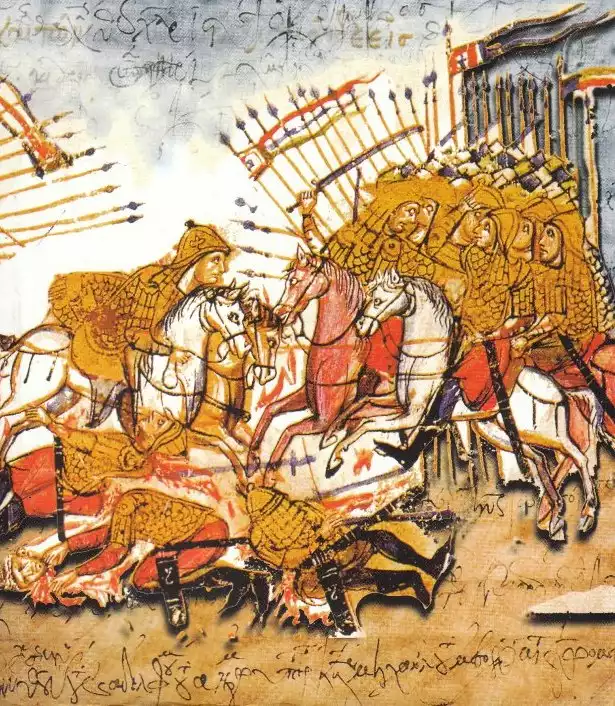Dying | ἀποθνῄσκω (apothnēskō) | Verb
Etymology and Semantic Analysis The English term ‘dying’ originates from the Old English ‘dēag,’ gradually evolving into the Middle English ‘dyen.’ In the New Testament, the Greek verb ἀποθνῄσκω (apothnēskō) is frequently employed, translating to ‘to die,’ ‘to pass away,’ or ‘to cease to live.’ This term appears in significant contexts, primarily highlighting the physical […]
Damascus | דַּמֶּשֶׂק Dammeseq (Hebrew) | Name
Etymology and Semantic Analysis The word ‘Damascus’ derives from the Hebrew ‘דַּמֶּשֶׂק’ (Dammeseq) and the Greek ‘Δαμασκός’ (Damaskos). It is primarily found in the Old Testament but is also mentioned in the New Testament. In Hebrew, Dammeseq is believed to mean “a well-watered land,” reflecting the city’s historical significance as a fertile oasis. In the […]
Hesychia & Hesychasm | Historical and Spiritual Analysis

Hesychasm, a term originating from the Greek word for ‘silence’, encapsulates a rich tradition of mystic prayer and monastic life within the Eastern Orthodox Church. This practice, deeply rooted in the teachings of Christ as per the Gospel of Matthew, emphasizes the pursuit of inner peace and experiential knowledge of God through quiet meditation and […]
Quaked | Verb
Definition The English word “quaked” refers to the action of shaking or trembling, often used to describe the earth’s movements in earthquakes. This term captures a sense of violent or intense motion, indicative of powerful forces at work. In the Bible, it symbolically represents the presence of God or the impact of divine actions. Various […]
